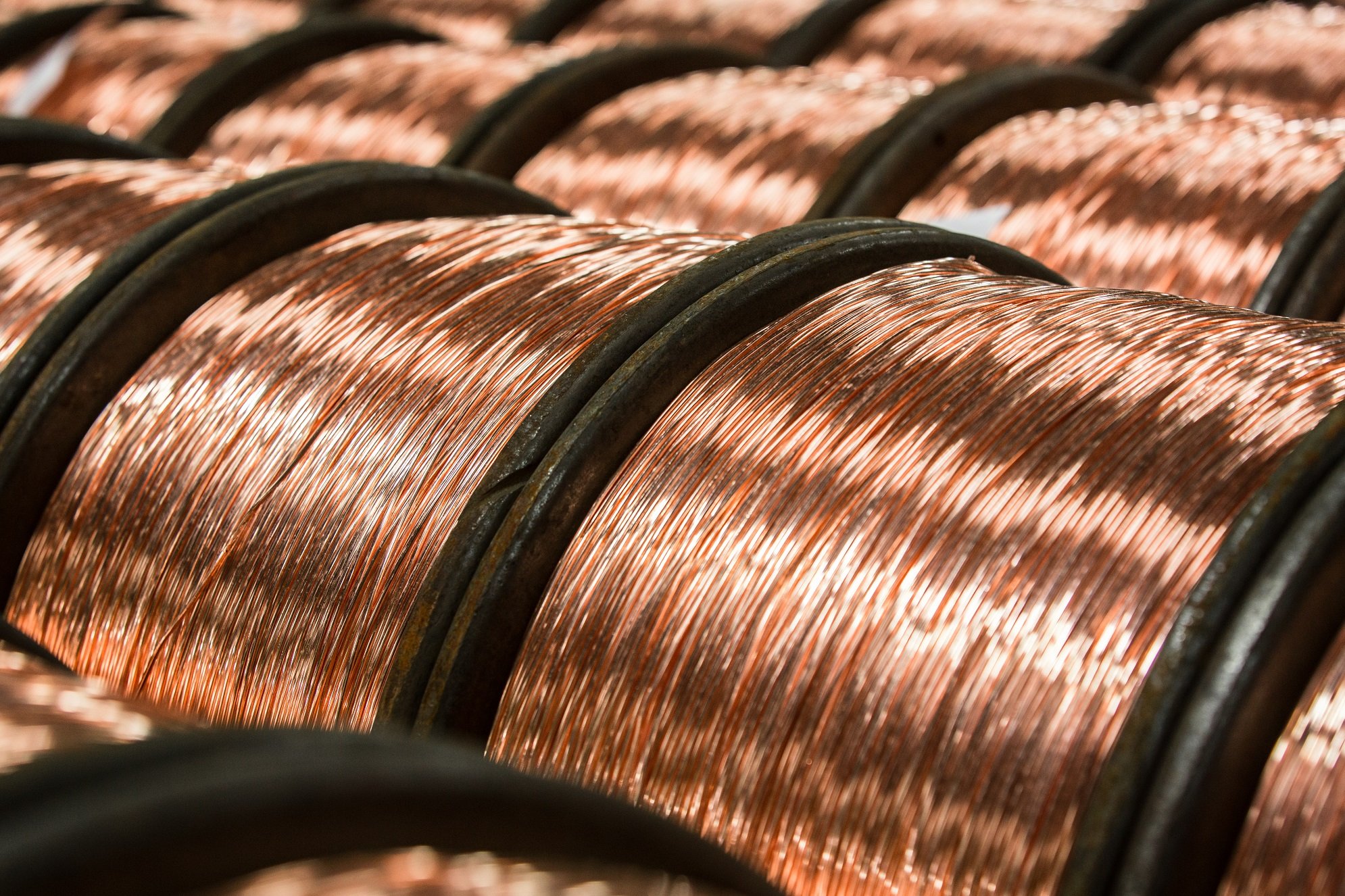Why Use Copper as a Conductor?
What makes copper a popular metal for electrical conductors?
Copper is a soft, malleable metal that has been widely used for thousands of years in a multitude of applications from jewellery to kitchen appliances, to power cables to space rockets. Following experiments around the first electrical power distribution systems by pioneering electrical engineers such as Nikola Tesla and Thomas Edison in the late 19th century, copper has been a popular choice to make electrical wires. The main reason for this is because copper is a good conductor of electricity.
What makes copper a good electrical conductor?
Copper and aluminium are both popular metals used as electrical conductors, however, copper wins out in several areas.
High conductivity. Copper is a much better conductor of electricity than aluminium and is surpassed only by silver. It conducts electricity so well because it has readily available (valance) electrons in every atom, which can move freely in an electric field – compared to aluminium. Despite aluminium having valance electrons, they have less freedom to move. Copper atoms have precisely 29 electrons, and they can carry their negative charge through a copper wire easily. Aluminium atoms have fewer electrons (13), but atoms of silver have many more (47) which makes silver wire an even better conductor. The downside to silver, however, is its cost. 1kg of silver is around £700, whereas 1kg of copper is around £6-7. Copper has the best combination of physical, electrical and cost performance making it affordably effective.
Low level of resistivity. Resistivity refers to how strongly a metal resists the flow of electrons making the electrical current. The more conductivity a metal has, the lower its resistivity. The structure of the copper atom and the behaviour of its electrons combine to give a lower resistivity than aluminium.
High thermal conductivity. Thermal conductivity is a measure of how well a material conducts heat. Metals with high thermal conductivity can transfer heat very quickly from one location to another. This distribution of heat can help reduce any localised overheating and reducing the overall temperature. Out of all the engineered metals, copper has the highest thermal conductivity.
Pliability. Cable conductors need to be pliable enough to be installed throughout a building, e.g. routed under floors, above ceilings, indoors and outdoors. The finer the wires in the conductor, the more pliable the finished cable will be. Conductors are often formed of many strands of copper wires, specifically to allow the cable to be flexed in use or under load as required. Because aluminium is a less efficient conductor, the conductors need to be larger, which makes aluminium cables bulkier, less flexible and more difficult to install.
Will we keep using copper conductors in the future?
The benefits of copper make it hugely popular in the industry, but as the price of copper has increased, there are calls for more aluminium conductors to be used. Aluminium is both cheaper and lighter. However, an aluminium conductor is only around 61% as conductive as the same sized copper conductor, so its diameter needs to be greater. A larger conductor means more insulation, more armouring and more final sheathing. Extra materials can easily reduce the savings made using cheaper aluminium and also less cable will fit on the drum which means more joints!
Aluminium also reacts with oxygen to form an insulating film of oxide on its surface. This can compromise continuity at joints and terminations and may create hot spots, which can cause fires. Aluminium has a lower melting point (660.3°C) than copper (1,085 °C), which means it could soften more readily in a short circuit condition.
In short, copper has several advantages over other non-precious metals. Thanks to its high conductivity, low resistivity, high thermal conductivity and pliability, copper is a universally accepted choice for electrical cables but the ‘aluminium questions’ are always there.
Prysmian insulated building wires provide secure, reliable power to buildings and structures. Learn more about our cables today.



